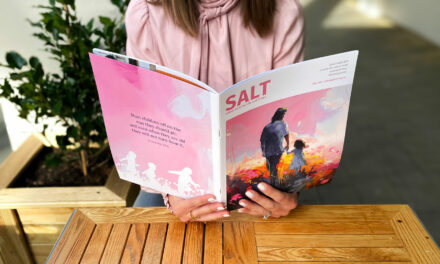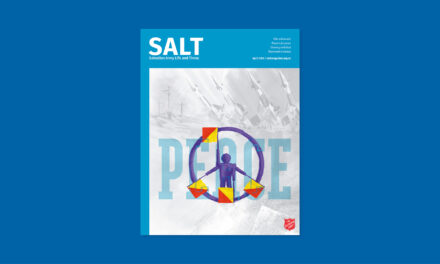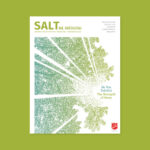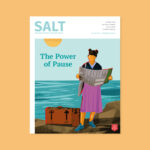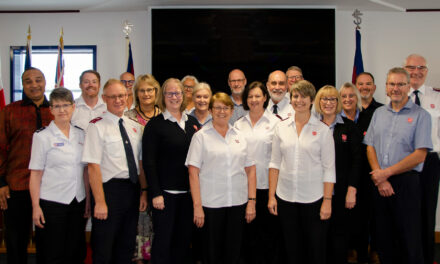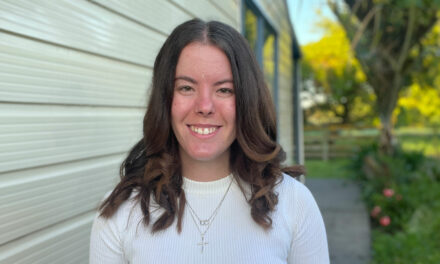
Does Thought Really Matter?
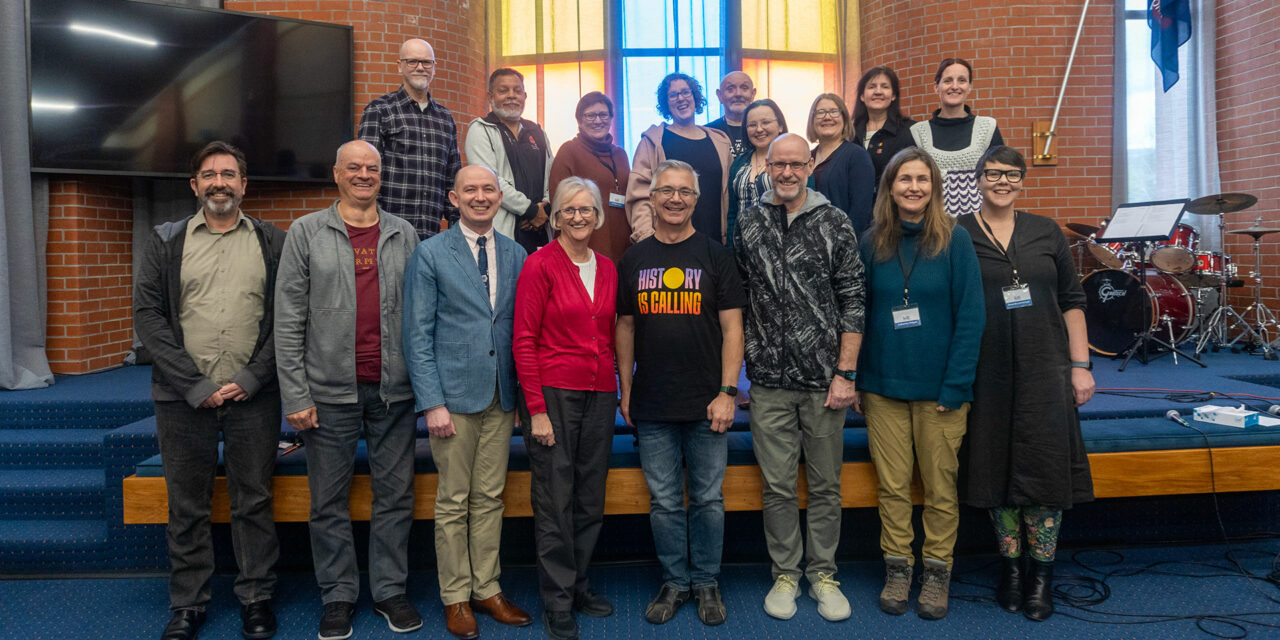
‘Kotahitanga: Unity in a Time of Division’ was the theme for the first Thought Matters Theological Symposium in four years. Eighty delegates from both the Australia Territory and New Zealand, Fiji, Tonga and Samoa Territory gathered in Upper Hutt at Booth College of Mission from 29 September to 1 October. For the first time, not only were there significantly more female attendees, but twice as many women presented papers than men, with two papers being the collaborative work of groups of women. Jules Badger was in attendance and offers some observations from this important weekend.
I don’t consider myself a theologian. In fact, I was considering breaking up with theology altogether because of what was beginning to feel like an ever-expanding chasm in the capacity of people of faith to find consensus on matters that affect real people. Lately this relentless debate over ‘right’ theology has been doing my head in and hurting my heart—I know I’m not alone in this. But this year’s theme caught my interest because it spoke to that pain. I was even more compelled to attend when I read the abstracts of the papers being presented. With enticing titles like ‘Living with Difference’, ‘Is Unity the Holy Grail?’, ‘Conspiracy Theories’, ‘Division, Pain and the Transformational Potential of Forgiveness’, ‘A Ministry of Reconciliation’, ‘A Model of Godly Zeal’, ‘Eating our Way to Unity’ and more, I couldn’t stay away.
I confess I suffered from information overload, with most papers being re-read reflectively later, but I found myself transfixed by the passion of the presenters. For some the learning process had been truly transformative—research and reflection bringing presenters to unexpected and at times uncomfortable conclusions. The work of the Spirit was evident.
Unity in diversity
Captain Malcolm Irwin’s paper, ‘One Body, Many Parts’, is one such example. Malcolm explored the confessions of Christian ‘racists in recovery’ and advocated that it is not diversity we fear, but the loss of white privilege. I sat up and took notice. Malcolm’s research demanded he ask himself difficult questions: ‘What could it mean to attack racism at the point where it has a hold over me?; In what ways could I, a frail, male, pale Pākehā engage with the psychic place of whiteness itself?’
Porirua Women’s Bible Study Group (coordinated by Captain Nicki Dutton) presented a powerful paper, titled ‘Kotahitanga, Duavata, Lotogotasi, Kāfataha, Unity’. These smart women suggested that ‘to gain a full understanding of unity within The Salvation Army in our territory, it is necessary to look at how unity is understood in indigenous languages as well as English. ‘Is it possible,’ they asked, ‘that an English definition of unity limits our ability to understand and enact our work and mission within our churches and communities?’ Their research showed the richness cultural collaboration offers faith and practice.
Other papers explored the question of how to hold diverse views on sexuality while honouring one another; the experiences of marginalised women in our ranks; organisational trauma; diversity and Salvation Army distinctives; and the proposal that unity in the face of diverse opinion can only be found through cruciformity (the laying down of our own rights and perspectives). I found the honesty and vulnerability of many of the presenters not only very moving, but beautiful expressions of generosity because they shared their learning so humbly.
I also experienced the sting of personal exposure as my own theological bias was uncovered. Major Ian Gainsford’s paper ‘Covenantal Love’ explained that many of us tend to lean toward orthodoxy (right belief) or orthopraxy (right action). I’ve found myself leaning into orthopraxy because I hate it when people are hurt or excluded supposedly because of ‘what the Bible says’. However, Ian challenged my unbalanced thinking, explaining that neither of these paradigms is sufficient. ‘Belief alone can be harsh; and practice alone can be overly humanist. It is the quality of orthopathy (right attitude or right heart) that is necessary to hold belief and action together. To put it another way’, said Ian, ‘our unity is dependent on the practice of Christian love’. Point taken.
The tension of distinctives
I also confess that I had begun to succumb to the habit of what Auxiliary Lieutenant and psychologist Dr Catherine Philpot calls ‘cancel culture’. She explains, ‘If we suspect we are likely to disagree we stop talking to each other altogether … but we need to love well and that means despite difference. We need an intentional unity that follows in the footsteps of Jesus, who offered the cup to Judas and welcomed the dissenter into his embrace. We need a love that overcomes all barriers.’ Ouch, but yes!
Having been to many of these conferences over the years, Major Christina Tyson says her takeaway was ‘the need to work towards unity but not uniformity, and that we do also need to ensure that people experience safety when there is disunity’.
Ian agrees, saying that ‘we tried to move from discussion about unity in the face of disagreement and division, to unity that embraces diversity and difference. We’ve been left with lots to reflect on, and the ongoing challenge of making space for loving God and loving our neighbour even when we disagree.’
Australian delegate Stuart Reid (Spiritual Life Team and Mission Support) says ‘this experience has been about a deepening of understanding about each other’s differing positions. But, also, a deeply embedded revisiting of our theology and distinctives as The Salvation Army. What I’m taking away is a sense of hope. While we have revisited the past, we are very much positioned for the future, and there is a willingness and commitment to forging together a new, more loving expression of Salvationism for a new world.’
My takeaway? If all that thinking leads us to love one another more completely, then not only does ‘thought matter’, but I think I’ll put a hold on the break-up with theology after all.

